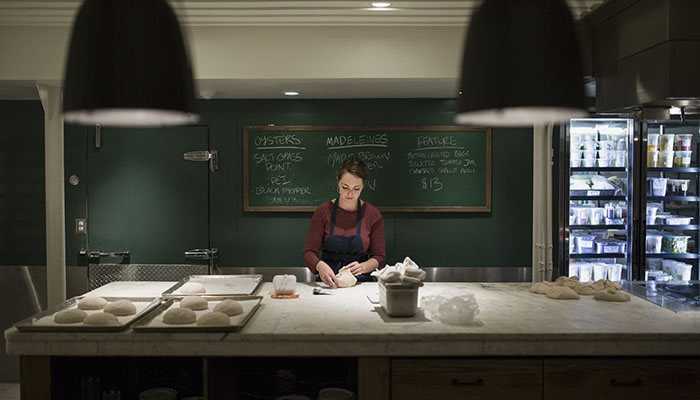Breast cancer risk and working night shifts
Hester Hill Schnipper, LICSW, OSW-C Program Manager Emeritus, Oncology Social Work
JUNE 12, 2019
 There has long been a theory that working night shifts may increase a woman's risk of developing breast cancer. Chronically disrupted circadian rhythms have been linked to a number of problems, and, in 2007 the World Health Organization stated that night shifts are a "probable carcinogen." Specifically related to breast cancer, the thinking has been that the artificial lighting needed to work at night results in people producing less melatonin and more estrogen. And we all know how frequently estrogen is associated with breast cancer. Over the years, I have read articles that especially raised the risk for healthcare workers who presumably were often working in necessarily very well-lit areas and whose work schedules were often variable and definitely disruptive.
There has long been a theory that working night shifts may increase a woman's risk of developing breast cancer. Chronically disrupted circadian rhythms have been linked to a number of problems, and, in 2007 the World Health Organization stated that night shifts are a "probable carcinogen." Specifically related to breast cancer, the thinking has been that the artificial lighting needed to work at night results in people producing less melatonin and more estrogen. And we all know how frequently estrogen is associated with breast cancer. Over the years, I have read articles that especially raised the risk for healthcare workers who presumably were often working in necessarily very well-lit areas and whose work schedules were often variable and definitely disruptive.
However, the results of a ten-year study in the UK, following the health of more than 100,000 women, do not support this theory. The study found no link between women who had worked night shifts for at least some of those ten years and breast cancer risk. This is, of course, especially relieving for women who do work at night.
But I also think it raises some questions for the rest of us. Except for those women (and men) who carry one of the BRCA gene mutations, we know very little about why anyone develops breast cancer. There are a million theories, some based on scientific questions and plenty of others based on fantasy. For example, there are lots of suggestions of foods to choose that are purported to lower cancer risk or even cure cancer. There is no data to support any of those claims. Have you heard the old ones about antiperspirants causing breast cancer or the urban myth that just won't die about microwaving food in plastic containers? The first rumors about that said that microwaved plastic releases cancer-causing chemicals called dioxins into the food; the trouble here is that plastic does not contain dioxins.
All of these rumors will persist because we all desperately want to know why we developed breast (or any other) cancer. If we knew the cause, we could then take some control and avoid it in the future. When I talk with women, I hear all kinds of theories about cause. My all-time favorite was the woman who believed her breast cancer developed because her dog stepped on her breast. No.
This leaves us to live with the unknown and with uncertainty. That is uncomfortable territory for us all.
